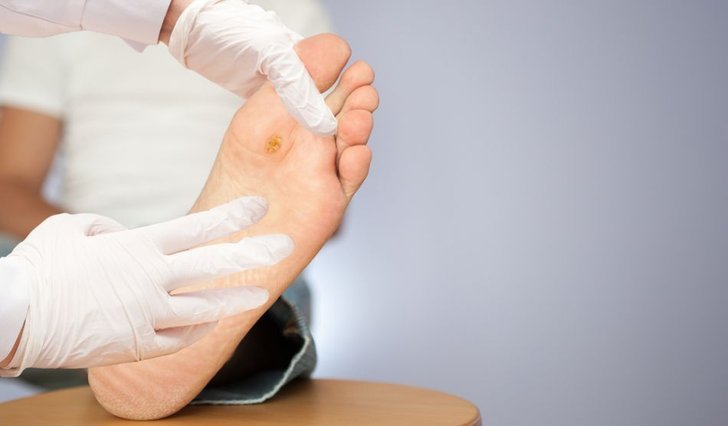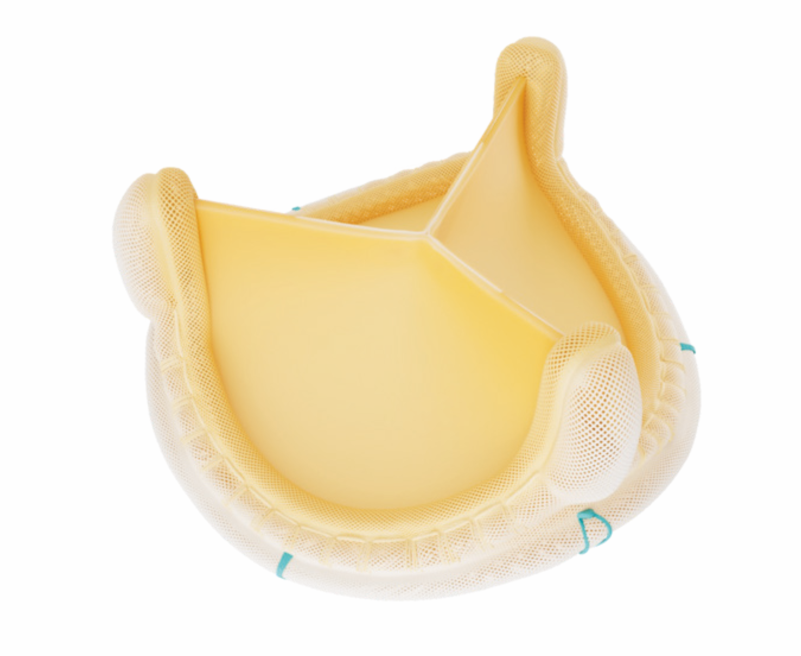DCGI approves MSD India’s drug KEYTRUDA for two new cancer indications
October 25, 2023 | Wednesday | News
KEYTRUDA is an immunotherapy that works with the immune system to help fight cancer cells
MSD (known as Merck in US and Canada) has recently announced that the Drug Controller General of India (DCGI) has approved KEYTRUDA (pembrolizumab), MSD’s anti-PD-1 therapy, for the treatment of triple-negative breast cancer and renal cell carcinoma in adults.
KEYTRUDA has been approved for high-risk early-stage and metastatic triple-negative breast cancer for select patients who are at a high risk of recurrence. With this approval, KEYTRUDA is now the first immunotherapy approved for the adjuvant treatment of certain patients with renal cell carcinoma and early stage triple-negative breast cancer.
Keytruda is an immunotherapy that works with the immune system to help fight cancer cells. It is different from chemotherapy or radiation therapy. The immune system sends certain types of cells called T-cells throughout your body to detect and fight infections and diseases—including cancer. Cancer cells may use the PD-1 pathway to hide from T-cells. This stops T-cells from attacking cancer cells and allows cancer cells to grow and spread. KEYTRUDA blocks the PD-1 pathway to help prevent cancer cells from hiding. KEYTRUDA helps the immune system to detect and fight cancer cells.
Commenting on the approval, Rehan A. Khan, Managing Director, MSD India said, “Timely access to new and innovative treatment strategies for cancer patients is essential in improving the quality of care, and alleviating the burden of cancer on the economy, society and the wider community in India.”
Triple-negative breast cancer (TNBC) is the most aggressive type of breast cancer, which has the highest risk of recurrence within the first five years after diagnosis and is associated with worse outcomes compared to other forms of breast cancer.
On the other hand, renal cell carcinoma is by far the most common type of kidney cancer. Renal cell carcinoma is about twice as common in men than in women.









